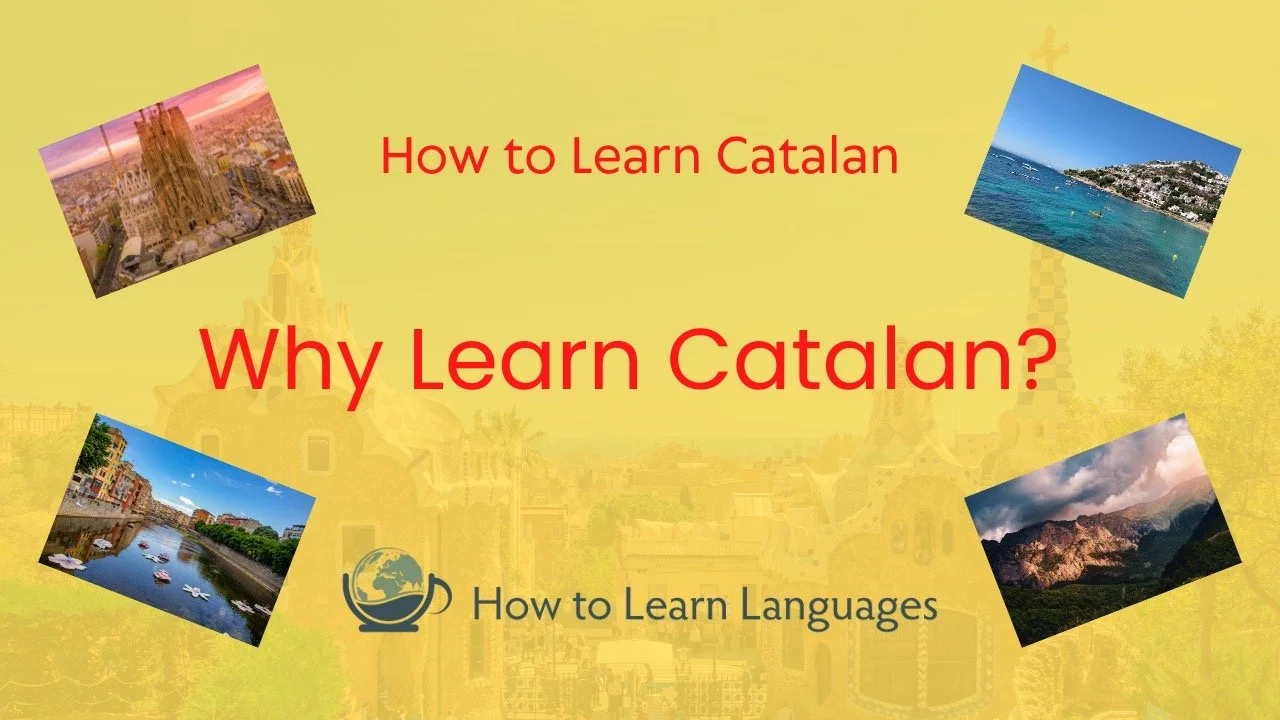Why learn Catalan?
Though it’s true a second language can help us find jobs, let’s also focus on the other reasons for learning a language. We spend so much of our lives having to serve the interests of an economy that doesn’t care about people or the world. It’s high time we were able to put the interests of each other ahead of those of CEOs and tax havens. Learning a language, in a variety of ways, can help us do this.
Society often funnels us down a career-path. Before we’ve had the chance to discover where our passions reside, we find ourselves scrambling from paycheck to paycheck on low or minimum wages. Worse still, the labour we provide either leaves us starved of inspiration, or in some cases even robs us of time to pursue our interests - all of which has damaging implications for our mental and physical health.
Learning a language can provide some relief, and even an escape, from these pressures. It can’t stop us worrying about bills or rent, but it can help us find other lines of work. Aside from potential career benefits, the process itself is rewarding, and a lot more fun than traditional methods have led us to believe. Far from being an unwelcome burden on our daily routines, learning a language can become an enjoyable distraction from life’s pressures. As well as helping our immediate mental health, it is also thought to aid cognitive function, and could delay the symptoms of dementia.
Learning a language may even help us tackle the problems facing the world. If we can communicate with and learn from each other, we stand a better chance of organising against issues as global as climate breakdown.
The prominence of a language should not be the sole factor in determining whether it’s worth learning. Curiosity and general interest are just as legitimate reasons as any practical or career motivations. Catalan - and the cultures to which it is integral - would be worth learning for this reason alone. As a starting point, learning Catalan can be part of a journey that leads someone to learn about or even experience traditions like els correfocs and the traditional Catalan dance - la sardona. Even Christmas is celebrated in a unique fashion, as families gather round a log, beating it with a stick and singing caga tió (shitting log). Before finishing this section, I’d recommend watching the following video on perhaps the most unique Catalan tradition - els castells. Though well-made, it’s worth noting the interviews are conducted in Spanish, rather than Catalan.
It’s also significant on a more practical level. With more than ten million first and second-language speakers, Catalan is the fourteenth most widely spoken language in the European Union, and there are now more than 600,000 Wikipedia articles in the language. It is the official language in Andorra, as well as being a co-official language in three autonomous regions of Spain - the Balearic Islands, Catalonia, and Valencia. It is also spoken in the Sardinian commune of Alghero, where it has semi-official status, as well as in the Pyrénées-Orientales department of France. Though less prevalent, there are also Catalan-speaking communities in the east of Aragon, and the Carche area of Murcia. Collectively, these Catalan-speaking regions and communities are sometimes referred to as els Països Catalans (the Catalan Countries).
Although speaking a new language does not revolutionise how we see the world, the people and cultures it takes us to will. It’s almost like discovering the world again as a child, just in a different tongue. It refreshes the mind and can fill us with the impetus to experience different cultures and meet new people. This could be as conveniently as watching Catalan films or reading a Montserrat Roig novel in the evening. It could be an experience as spontaneous as chatting with people at a bar in Girona, or before a football match in Barcelona. It could even be a whole new life in Andorra or Céret.
After learning any language, the prospect of learning others suddenly feels much more feasible, and with Catalan being a Latin language, other languages from the same family become especially easier to learn, such as Portuguese, Galician, Spanish, French, Occitan, Corsican, Italian, and Romanian.
If you're interested in learning Catalan, there's a How to Learn Languages guide :

